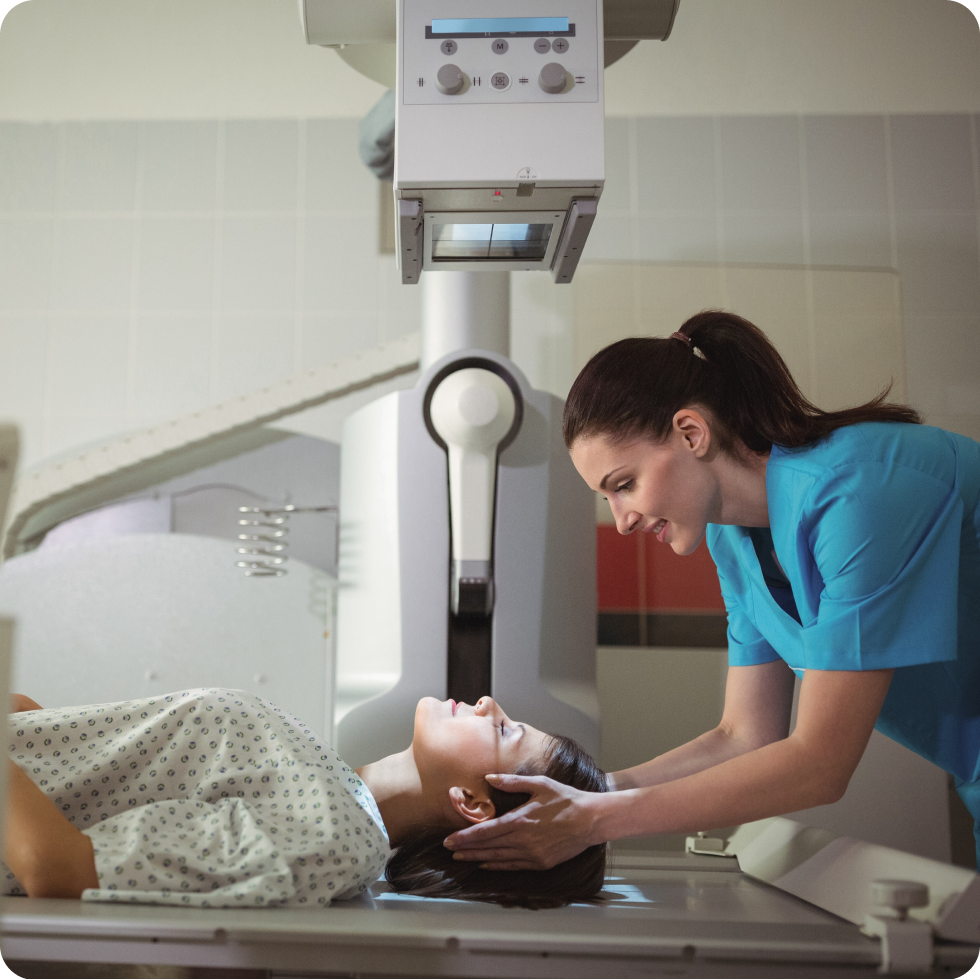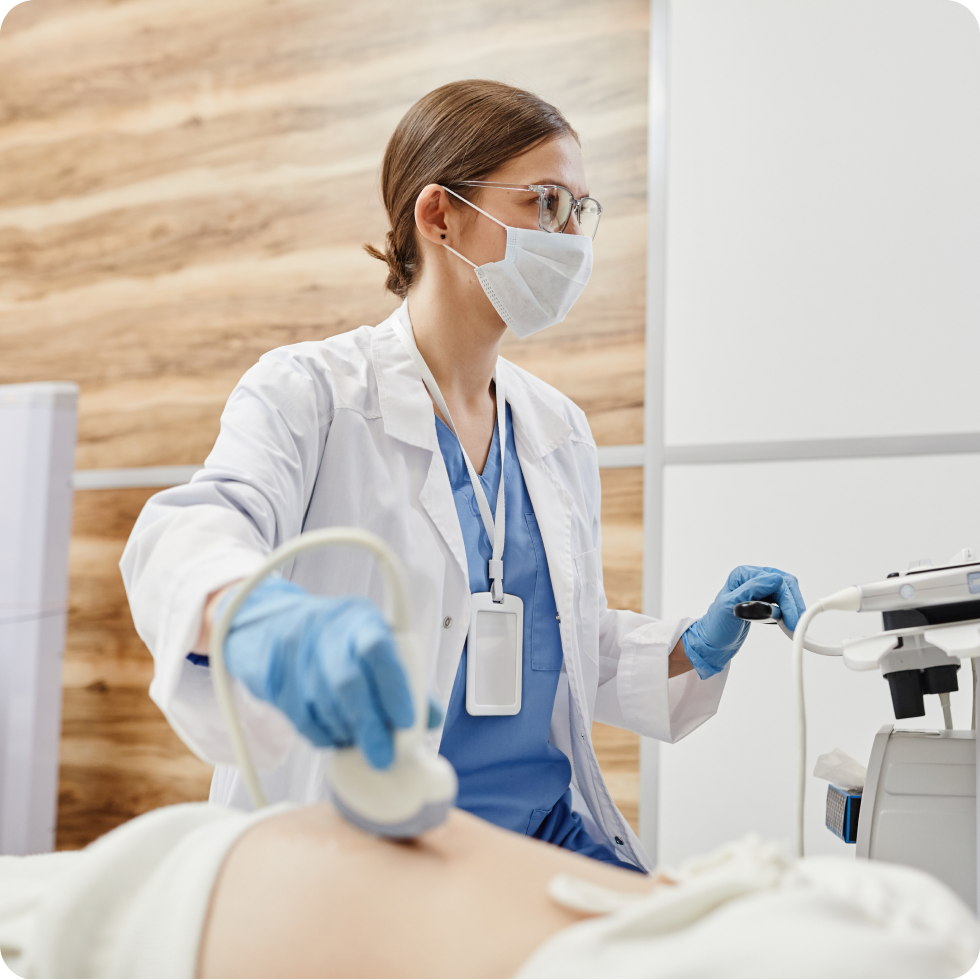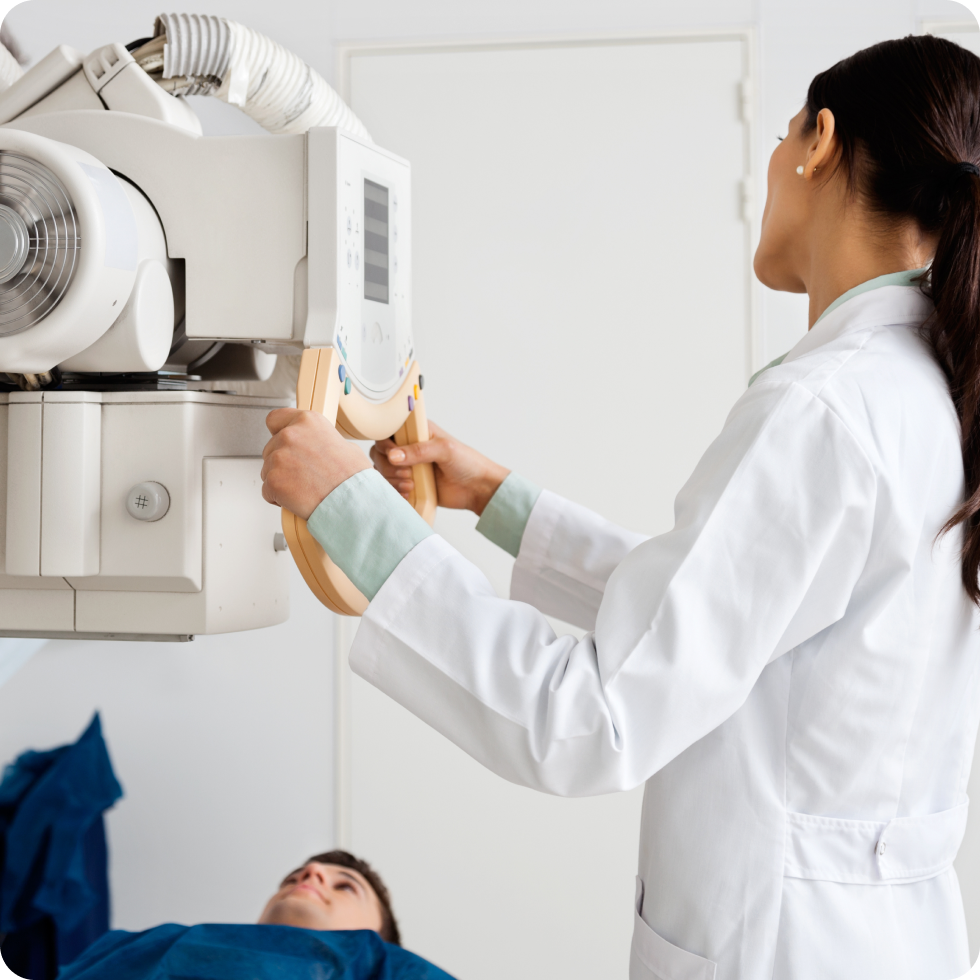The Travel Allied Pro Guide
What to Know if You're Ready to Take Your Skills on the Road
Contact a recruiterWhat Is Travel Allied Health?
Travel allied health professionals, or Allied Medical Staff, like imaging techs, respiratory therapists, and surgical technologists, take on short-term assignments, usually 13 weeks, in hospitals and clinics across the country. They step in where specialized support is needed most, gaining exposure to new equipment, teams, and care settings. It’s a flexible, fast-paced way to grow your expertise, explore new places, and contribute to high-need environments, while staying in control of your career path.
Read More
Travel allied health offers an excellent way to broaden your horizons. You gain exposure to different work cultures, patient demographics, and healthcare practices. This allows you to enhance your skills, expand your professional network, and elevate your career. Additionally, it provides the freedom and flexibility to work where you want, offering a unique work-life balance that traditional roles may not provide.
- Higher pay packages including tax-exempt housing stipends and insurance benefits
- Freedom of choice for city, shift, and contract length
- Rapid exposure to new equipment, protocols, and patient populations
- Tax‑exempt stipends for housing and meals, plus medical, dental, and 401(k) plans
Minimum Requirements
- One year of recent experience in your specialty (some high‑acuity roles request two)
- Active state license or national registry card like ARRT, NBRC, ASCP, NBSTSA, etc. (we’ll help you with state-specific or Compact requirements)
- A willingness to jump in and learn—you don’t necessarily need to have travel experience yet

Don’t worry—we’ll guide you through everything else: Certifications, vaccinations, screenings, and paperwork. If you’ve got the clinical foundation and an open mindset, we’ve got the rest covered.
If you’ve got skills in these high-demand areas, you’re already ahead of the game—especially with bonus experience that sets you apart.
Allied Medical Staffing On-Assignment Tips
- Adopt a growth mindset. Treat every new workflow as a skill upgrade.
- Build rapport fast. Introduce yourself to the charge staff and ask how you can help.
- Stay adaptable. Different scanners or ventilators require quick learning.
- Keep learning. Use CEUs and vendor webinars to stay current on technology.

Let's Find Your Next Favorite Place to Work
Ever thought, “What if my job let me explore more, stress less, and actually feel appreciated?”
With FlexCare, that’s not a wish—it’s your new normal.
Explore Assignments Now